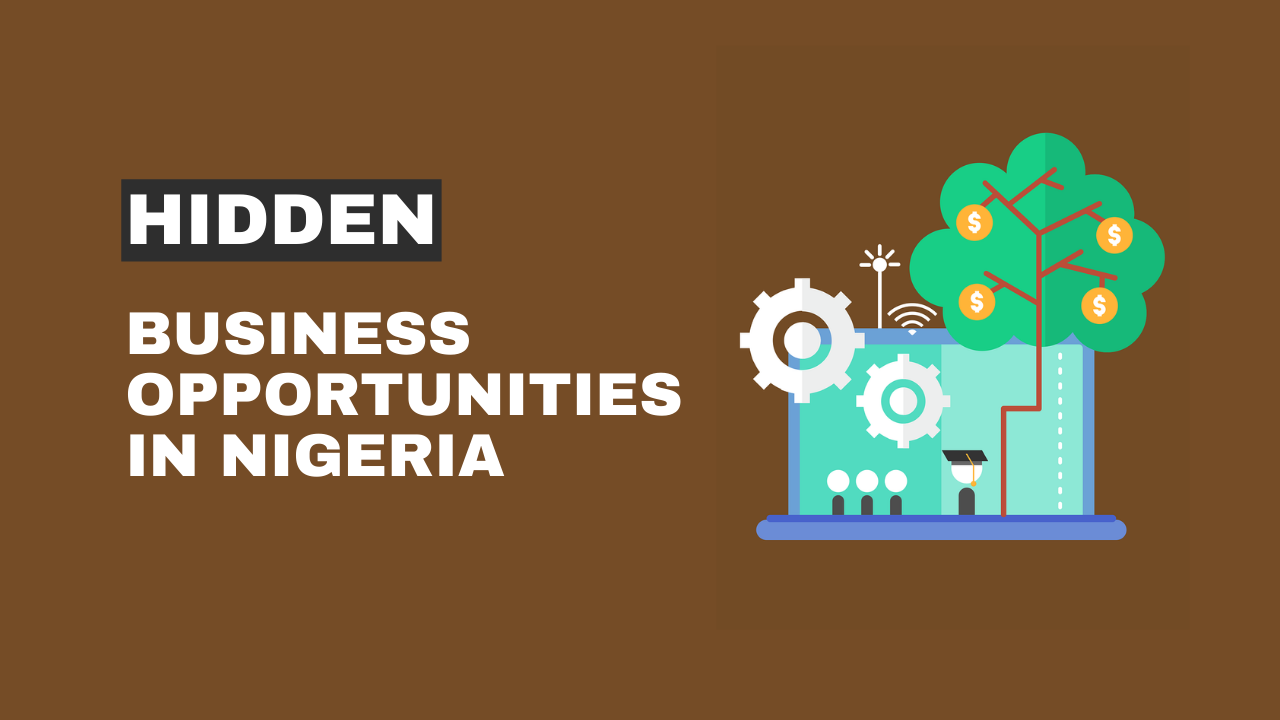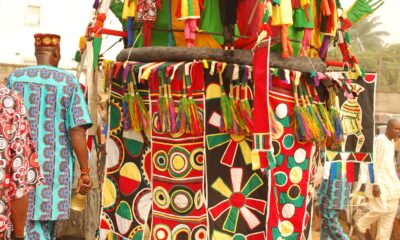Effective budgeting in business is crucial for success. It ensures financial stability and drives strategic growth. Whether you’re a small startup or an established company, proper budgeting in business helps control costs and maximize profits.
Here are five essential tips to master the art of budgeting in business.
1. Set Clear Financial Goals
Every successful budget starts with clear goals. Define what you want to achieve financially. Are you aiming to reduce costs, increase revenue, or expand operations?
Set specific, measurable, and realistic targets. This step provides direction and helps prioritize spending.
Align goals with strategy:
Ensure your financial goals align with your overall business strategy. For instance, if growth is a priority, allocate more resources to marketing and product development.
Budgeting in business becomes more effective when tied to clear objectives.
2. Track and Analyse Expenses
Understanding where your money goes is vital. Track all expenses, no matter how small. Categorise them into fixed (rent, salaries) and variable (utilities, supplies) costs.
Use accounting software to automate this process and reduce human error.
Review regularly:
Analyse your spending patterns monthly or quarterly. Identify areas where you can cut costs or optimise spending. Regular expense tracking ensures your budgeting in business stays accurate and adaptable.
Pro Tip:
Use historical data to forecast future expenses. This helps you prepare for seasonal fluctuations or unexpected costs. Knowing your spending trends enhances control over your finances.
3. Create a Realistic Cash Flow Forecast
Cash flow is the lifeblood of any business. A realistic forecast shows when money will enter and leave your business.
Include all income sources and expected expenses. This prediction helps you anticipate shortfalls and plan accordingly.
Why it matters:
A solid cash flow forecast prevents financial surprises. It ensures you have enough liquidity to cover day-to-day operations. Effective budgeting in business relies heavily on accurate cash flow management.
Example:
If you know a major expense is coming in a particular month, you can adjust spending in other areas. This proactive approach avoids cash shortages and keeps operations smooth.
4. Prioritise Essential Spending
Not all expenses are created equal. Identify which costs are essential for business operations and which are not.
Focus on spending that drives growth or maintains critical functions. Cut or postpone non-essential expenses during tight periods.
Evaluate ROI:
Assess the return on investment (ROI) for each expense. Prioritise high-ROI activities like marketing campaigns that generate leads or equipment upgrades that boost efficiency.
Budgeting in business becomes more impactful when resources are allocated wisely.
Key Areas to Prioritise:
- Payroll and essential staffing
- Marketing efforts with proven results
- Product development
- Maintenance of critical infrastructure
5. Monitor and Adjust Your Budget Regularly
A budget isn’t static; it’s a dynamic tool. Regular monitoring and adjustments are crucial. Compare actual performance against your budgeted figures.
Identify discrepancies and adjust as needed. This flexibility helps you respond to unexpected challenges or opportunities.
Stay proactive:
Review your budget monthly. If you’re consistently overspending in a certain area, investigate why. Maybe costs have increased, or perhaps there’s inefficiency.
Adjust your budget to reflect these changes. Continuous monitoring makes budgeting in business more resilient and accurate.
Use technology:
Leverage budgeting software to streamline this process. Many tools provide real-time updates and automated reports. This technology helps you make data-driven decisions quickly.
The Importance of Budgeting in Business
Effective budgeting ensures you allocate resources efficiently. It minimises financial risks and maximises profitability. Without a budget, businesses can easily overspend or miss opportunities.
Proper budgeting in business helps set clear financial priorities and keeps operations running smoothly.
Key Benefits:
- Financial Control: Keeps track of income and expenses.
- Strategic Planning: Aligns spending with business goals.
- Risk Management: Prepares for unexpected challenges.
- Performance Measurement: Helps assess financial health and progress.
Common Budgeting Mistakes to Avoid
Mastering budgeting requires avoiding common pitfalls. Here are a few mistakes to watch out for:
- Underestimating Costs: Always factor in potential price increases or hidden fees.
- Ignoring Cash Flow: Profit isn’t the same as cash flow. Ensure you have enough liquid assets.
- Overestimating Revenue: Be conservative with income forecasts. Unrealistic expectations can lead to shortfalls.
- Failing to Involve Teams: Include department heads in the budgeting process. They offer valuable insights and ensure buy-in.
Avoiding these mistakes strengthens your approach to budgeting in business and improves financial outcomes.
Implementing Budgeting Tools
Technology simplifies the budgeting process. Numerous tools help businesses create, track, and adjust budgets. Look for software that integrates with your accounting system. This integration saves time and ensures accuracy.
Top Features to Look For:
- Real-time expense tracking
- Customisable reports
- Forecasting capabilities
- Multi-user access for collaboration
Implementing these tools streamlines your budgeting in business and enhances decision-making.
Conclusion:
Mastering the art of budgeting in business isn’t just about numbers. It’s about setting clear goals, tracking expenses, forecasting cash flow, and continuously adjusting.
These five tips will help you build a strong, flexible budget that drives success. Stay proactive, use technology, and prioritize essential spending.
With effective budgeting, your business will thrive financially and strategically.
If you found this article helpful, consider reading more here.

 MUSIC6 days ago
MUSIC6 days ago
 NEWS6 days ago
NEWS6 days ago
 FAB FRESH5 days ago
FAB FRESH5 days ago
 LIFESTYLE6 days ago
LIFESTYLE6 days ago
 ENTERTAINMENT6 days ago
ENTERTAINMENT6 days ago
 BEAUTY6 days ago
BEAUTY6 days ago
 MOVIES6 days ago
MOVIES6 days ago
 ENTERTAINMENT6 days ago
ENTERTAINMENT6 days ago











































